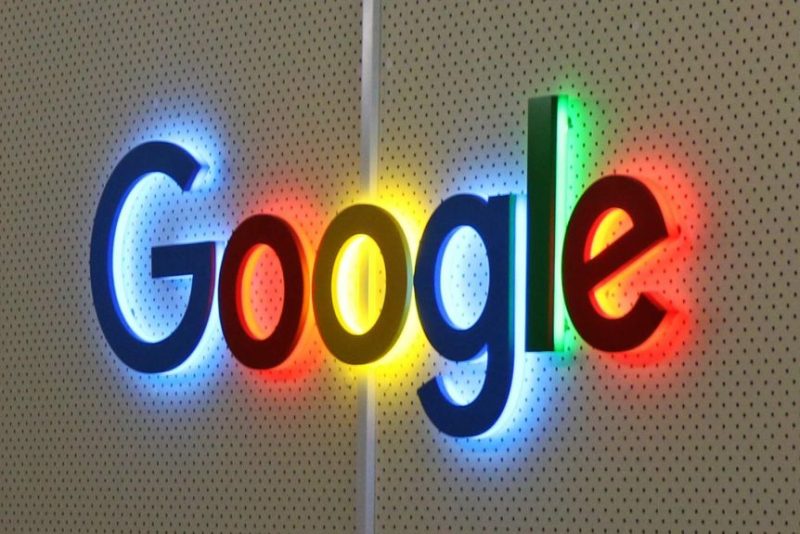Withdrawal ‘isn’t a threat; it’s a worst-case scenario’: Google and Facebook respond to senate committee queries
“The withdrawal of Search from Australia isn’t a threat; it’s a worst-case scenario that we’re working hard to avoid,” Google asserted in response to questions it faced from senators in recent committee hearings and took on notice (meaning it committed to responding later in writing).
In the documents, the tech company said that with “straightforward” amendments, the News Media Bargaining Code would become a workable tool under which Google could pay publishers through its News Showcase program, launched a week ago, without paying for links.

But Google also noted that publishers’ feedback to Showcase’s financial terms has been “varied”, with some pushing up their counter-offers after seeing the draft code.

